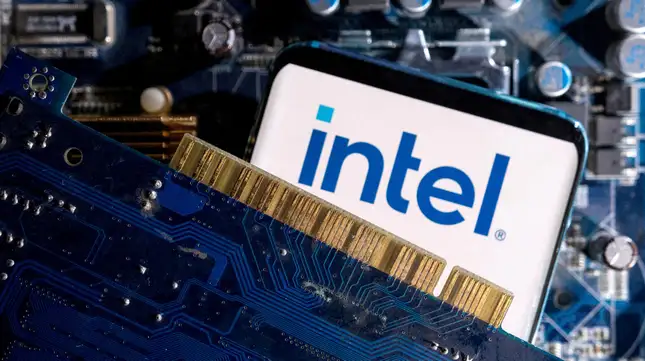European chipmakers dipped on Friday, tracking a fall in some of their Asian peers, after China’s Semiconductor Manufacturing International Corp (HK:0981) posted an 80% slide in its quarterly income.
SMIC’s profit attributable to owners fell to about $94 million in the three months to Sept. 30, tumbling from the $470.8 million seen in the same period last year.
Quarterly revenue declined by 15% to $1.62 billion, while the chipmaker’s gross margin nearly halved to 19.8% from 38.9% last year.
The firm forecast an even lower gross margin in the fourth quarter, and flagged much higher capital expenditures for 2023, as its capacity utilization dropped amid sluggish demand for semiconductors.
SMIC’s Hong Kong shares fell by 6.8%, while those of rival Hua Hong Semiconductor Ltd (HK:1347) plummeted more than 15%.
Outside of China, Japan’s Advantest (TYO:6857), which makes chip testing equipment, lost 0.5%, while SoftBank Group (TYO:9984) — exposed to the chipmaking sector through its Arm (NASDAQ:ARM) unit — slid 8.2%, although a bulk of this loss was driven by the tech conglomerate posting an unexpected loss in the September quarter.
The losses bled into Europe, where shares in semiconductor equipment maker ASML (AS:ASML), the continent’s largest tech firm, inched down in mid-morning trading. Fellow chipmakers Infineon (OTC:IFNNY) Technologies (ETR:IFXGn) and STMicroelectronics (EPA:STMPA) both slumped by more than 2%, while ASM International (AS:ASMI) in the Netherlands lost 1.6%.
SMIC’s results come just a few weeks after dismal quarterly showings from TSMC, Samsung (KS:005930) and SK Hynix (KS:000660), which pointed to sustained weakness in global chip demand. ASML also posted lower-than-anticipated orders in its latest quarter, and delivered a rare warning over an “uncertain” recovery in customer spending.
Major chipmakers have been struggling with slumping demand following a sharp rise in interest rates over the past year, while several major players have raised some doubts over the longevity of a boost from enthusiasm over the development of generative artificial intelligence (AI).
Earlier this week, Softbank’s Arm also logged weak three-month results, and projected disappointing revenue and profit figures for its current quarter. The firm was expected to be one of the biggest beneficiaries of an AI boom this year, given that its chip designs are used by nearly all major semiconductor manufacturers.
But flagging investment in tech, coupled with slowing demand for personal computers and smartphones, largely offset any major demand boom from AI.
Last week, iPhone-maker Apple (NASDAQ:AAPL) — which is also a major customer for Asian chip firms — clocked a fourth straight quarterly decline in sales.



